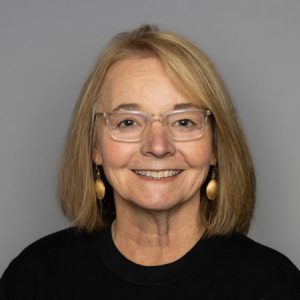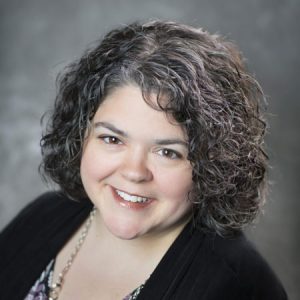Sep. 29, 2020
Last spring, departments across the School of Health Professions were making rapid changes to their curriculum and clinics as COVID-19 started to become more prevalent in the U.S.
While the country was scrambling to figure out what the next few months might look like in lockdown, our students at the University of Missouri were preparing to enter the real world and finish up their undergraduate and graduate education which would become the building block of their career. In the Speech, Language and Hearing Sciences department, faculty quickly switched to tele-health and remote learning via Zoom.
Clients in the MU Speech and Hearing Clinic receive services for a variety of communication needs. A one-size fits all approach is not appropriate as the clinic sees clients of all ages with a diverse mix of speech and language disorders.
The SLHS graduate students who provide therapy are accustomed to experienced clinical faculty members being just a short walk down the hall, but that had to change once the clinic moved completely online. With the leadership of Clinic Director, Leanna Lawrence, the clinic was able to accommodate 45 clients to receive their therapy via telehealth using the Zoom platform. The current cohort of 23 graduate students, with the guidance and support of the clinical faculty supervising them, effectively provided services despite the novel format. According to faculty, the graduate students showed an incredible amount of resilience and creativity as they navigated this unexpected change in service delivery. The SLHS department completed approximately 540 therapy sessions for clients during the summer semester alone. Faculty are very proud of this cohort for being so adaptive and displaying that they are truly ready for anything, as future speech-language pathologists.
The MU Accent Modification and Pronunciation Program (MU AMP) was also conducted via Zoom sessions this summer with positive response from the undergraduate and graduate clinicians as well as the participants they served. Dr. Dana Fritz acknowledged the loss of tactile cuing, but she also observed the student clinicians’ extraordinary creativity and innovation as they delivered auditory and visual cues through this online platform.
Another challenge that faculty faced was the switch from face-to-face learning to remote lectures using Zoom and other technology. Dr. Dana Fritz has taught the Clinical Language Analysis class face-to-face for many years and this switch to remote learning (part synchronous on Zoom, part asynchronous online) led to a complete overhaul of this course. She found herself improving the resources available to the students. Using online modules which included short videos, self-made animated videos to explain complex grammar, free online resources, and the Mizzou libraries, the students were able to learn from a variety of sources. “What I learned the most about my own teaching was how much I depend on the students’ reactions to gauge what I need to do next as a teacher. I really lean on those quizzical eyebrows or glazed expressions to know I need to ‘say it another way’ or ‘keep it moving,’ Fritz said. “I missed the day-to-day interactions with my students, but they showed through their work that they were learning the material quite well in this new format.”
Dr. Nicholas Smith, who taught Infant Language Development this summer, found that working remotely via Zoom allowed his meetings with students to be more efficient than meeting in-person. “One of the really nice things about the online format was how effective the one-on-one meetings were,” Smith said. “Screen sharing allowed us to both focus on the Word document simultaneously, and discuss, edit and revise in real-time (synchronously), instead of composing back and forth comments on a draft. It was actually easy more efficient, and I probably got to know my students better through these meetings than I might have in a traditional classroom.”
During this challenging time of remote learning and remote work, the SLHS department learned in the spring and summer semesters of 2020 that with the help of technology, they can still enjoy getting to know students and support their development as future professionals.

